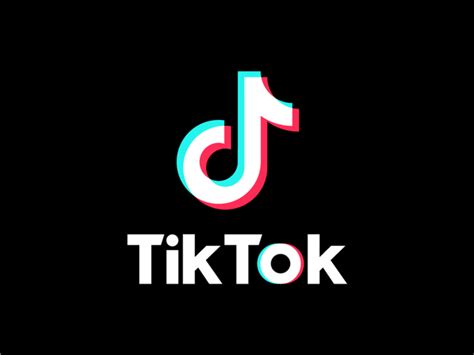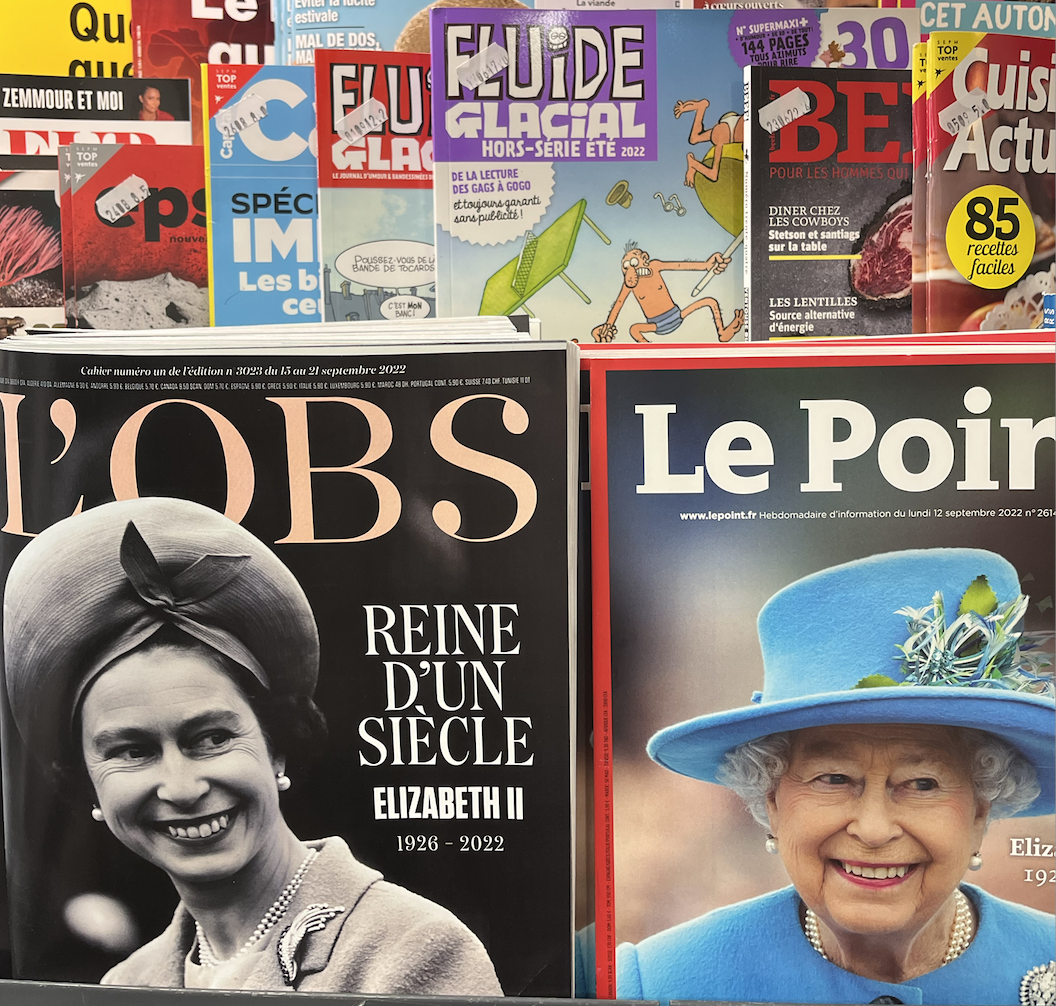By Anonymous,
Elon Musk’s Twitter takeover has provoked widespread interest among the general public. At
the very heart of this development is a key notion: Social media has become, in many ways,
a pillar of modern life. It inhabits the no man’s land separating public service and the interest
of private firms (or the state). Immense power is wielded by those who own and run these
platforms. The answer to how this should be done remains indeterminate, yet not all systems
are equal. In short, Twitter is only the beginning.
1 billion monthly users. 3 billion downloads. Facebook? Twitter? Instagram? No, TikTok.
Known for its short video format and highly addictive recommendation algorithm, this social
media platform has taken the internet world by storm. Regardless of its relatively young age,
TikTok has amassed as many users as so-called ‘traditional’ social media platforms such as
Twitter and Facebook at breakneck speed.
This rapid growth and enormous viewership have attracted scrutiny from many groups.
Owned by the Chinese company ByteDance, as with all nominally private enterprises in
China, TikTok is mandated by Chinese law to provide the country with access to all company
data among other confidential information. This is enforced by the Chinese ‘Corporate Social
Credit System’ which ensures compliance.
In 2020, the Indian government banned TikTok and all ByteDance apps on this suspicion.
Then US President Donald Trump also issued executive orders banning TikTok from the US
market. These were then prevented by federal courts, and eventually revoked by President
Joe Biden. TikTok has since been found to have access to confidential user data on servers
in China. German cybersecurity reports have found that these data protection breaches are
in noncompliance with the EU GDPR and use fingerprinting technology to identify users. In
short, TikTok is able to collect abundant user data, link it to devices, and share it with
government entities.
While TikTok’s data policies blatantly disregard user privacy, the company’s links to the CCP
present a far greater danger.
A 2019 report from the Australian Strategic Policy Institute (ASPI) revealed agreements
between ByteDance and the Xinjiang Internet Police concerning the censorship of hashtags
mentioning Uyghur violence in the region on the Chinese social media platform Douyin.
These agreements also included the dissemination of pro-CCP propaganda against the
Uyghur population. Additionally, TikTok famously censored a video highlighting the CCP’s
treatment of Uyghurs, a decision subsequently met with uproar. Although company
representatives denied the algorithm’s specific censorship targets, these problems have not
been amended, per the ASPI in 2021.
TikTok’s increasing influence and importance in the social media space have become
glaringly apparent with the advent of its use throughout the world. The trivial and innocuous
nature of the platform’s content makes it all the more potent if utilised for propaganda.
Because of the unique nature of user experience, public opinion can be easily moulded in an
unnoticed manner.
The truth in this matter is simple: Public consciousness is the key to our future. Whoever
controls what we give attention to controls our attention. Social media platforms – who runs
them and what their goals are – must be understood in this light.
TikTok presents them with a golden opportunity to leverage their advantage in their quest for
power. It is no longer a matter of if this quest is set to begin. It is only a question of when.
Tik-Tok, Tik-Tok, Tik-Tok…



